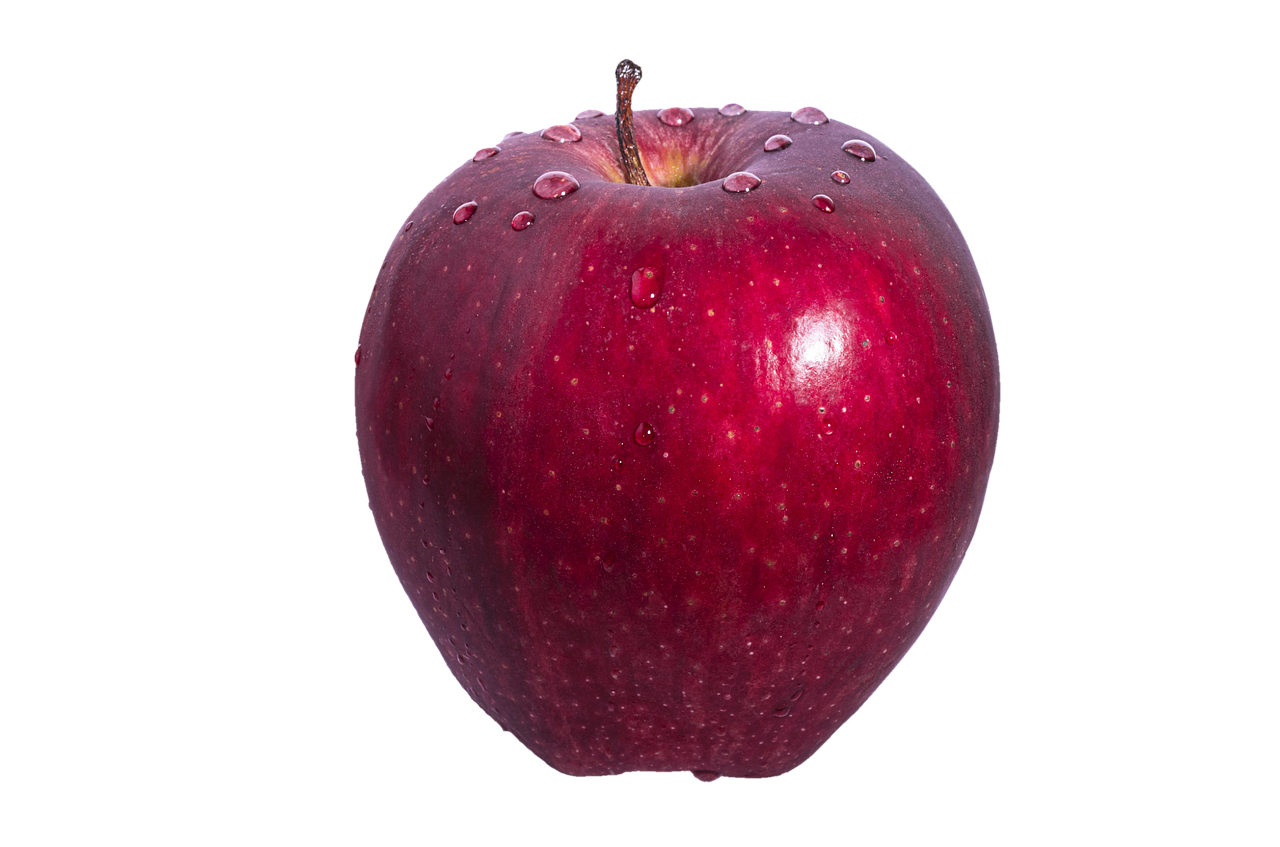The Basics
- your food choices will, to a large extend, determine your current and future health
- there is no 'one-size-fits-all' diet
- each person's dietary requirements are based on genetics, life-style factors, and where they live
- you don't need to be wealthy to eat well
- learning how to cook (and teaching your children how to cook) is one of the best investments you can make
- dietary requirements change over time as the body goes through the various life stages ... from infancy, toddler, childhood, teen years, reproductive years, post-reproductive age, to the elder years
- the concept of eating based solely on caloric intake is an outdated concept
- you can quickly improve many health issues simply by adding or eliminating certain food choices
Nutrition 101 (Wild Rose College Curriculum)
This updated Nutrition course introduces you to the basics of nutrition, digestion, vitamins, minerals, diets, and your choices as a consumer. At the end of the course you will have made positive changes in your own eating habits and feel confident to counsel friends and family on their best food choices for optimum health.
This course is suitable for students working towards a Wild Rose herbology diploma and anyone interested in gaining a better understand of how food choices contribute to our state of health.
Nutrition 101 is a Wild Rose College foundation course and is a mandatory for all Wild Rose College of Natural Healing diploma programs.
Managing Histamine Intolerance
Referred to as ‘histamine intolerance’, the symptoms of histamine spill-over are seemingly random and often debilitating. The most common symptoms are sneezing, congestion, red itchy eyes, itchy throat and ears, but there are other issues that can happen throughout the body that you may not realize are related to histamine spill-over. This histamine spill-over occurs when the body accumulates histamine faster than it breaks it down creating the annoying and often debilitating symptoms. The severity of the symptoms will be based on an individual’s genetics and their current state of health. Managing this condition is complicated by the fact that many foods, drugs and environmental factors contain histamine, block the enzyme systems and/or trigger histamine release. This workshop will teach you how to recognize, manage, treat and prevent histamine intolerance in yourself and your clients and is appropriate for anyone who suffers from seasonal allergies or chemical sensitivities, and for all health care practitioners who want to be able to advise their clients on how to manage this annoying condition.
““Thank you for the very informative class last night (Managing Histamine Intolerance.) It was so good to have a full class on this topic, something that has been of interest to me for some time. To have it all wrapped up like you presented it, loads of good information, I am so thankful I was able to take it in last night. My clients (and my family!) thank you!””
consultations
Food allergies? Leaky gut? Weight Management issues? Special Diets? Nutrition during cancer treatment? During our initial consultation we will workout your personalized nutrition plan. Followup appointments will help ensure you are getting all the nutrition you need for optimal health. Contact us to inquire about booking a consultation.
The Low Crap Diet Archive
A few years ago I had this idea that we could save the world just by avoiding garbage both in our food and surrounding (packaging) our food. That idea was named the Low Crap Diet. I ultimately become discouraged ... did you know its actually easier to eat real, low-crap food than it is to avoid packaging, especially plastic packaging? I may pick up that project at some point but for now you can scroll down to see the archives.
Nutrition News
The Low Crap Diet
ARCHIVES
A few years ago I had this idea that we could save the world just by avoiding garbage both in our food and surrounding (packaging) our food. That idea was named the Low Crap Diet. I ultimately become discouraged ... did you know its actually easier to eat real, low-crap food than it is to avoid packaging, especially plastic packaging? I may pick up the project again at some point but for now here's the archives.
































Referred to as ‘histamine intolerance’, the symptoms of histamine spill-over are seemingly random and often debilitating. This histamine spill-over occurs when the body accumulates histamine faster than it